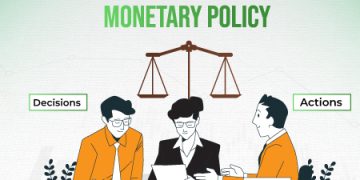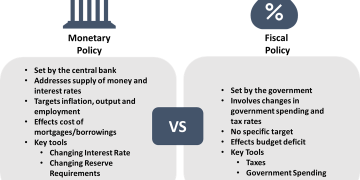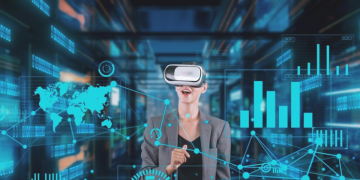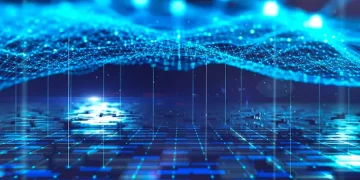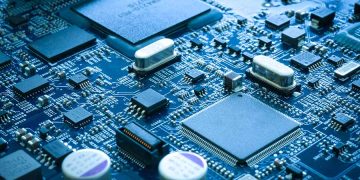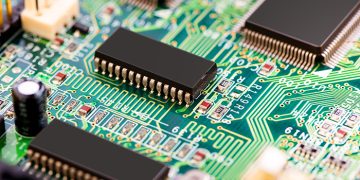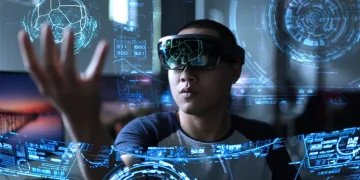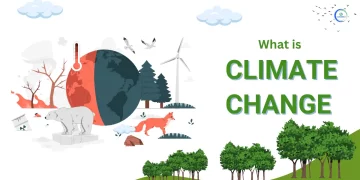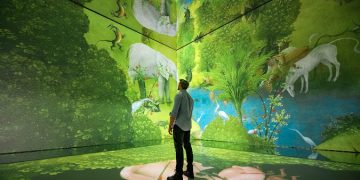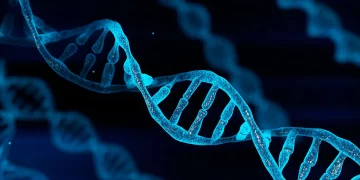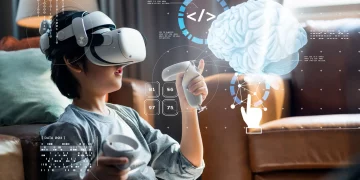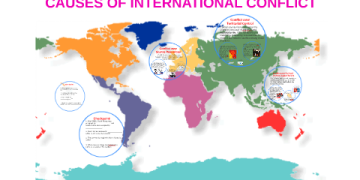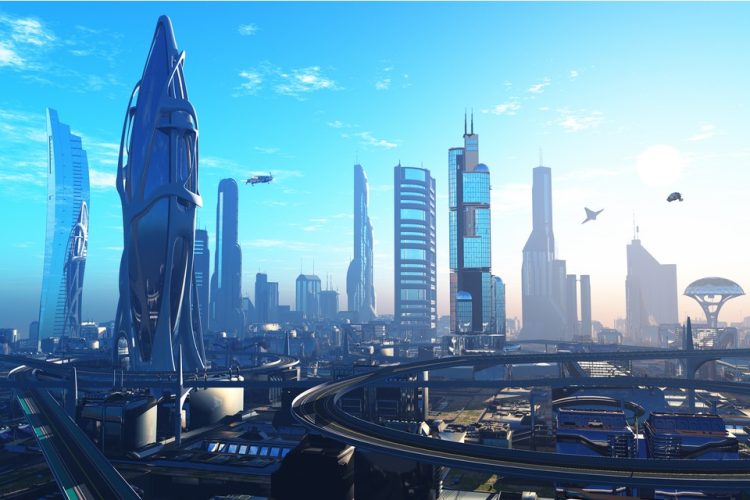Introduction
The 21st century is a transformative period defined by unprecedented technological innovation. Emerging technologies such as artificial intelligence (AI), quantum computing, biotechnology, renewable energy systems, and advanced robotics are no longer speculative concepts—they are tangible forces reshaping the very fabric of human life. These innovations are not only altering daily routines but also redefining the global economy, governance, healthcare, communication, and our relationship with the planet.
As humanity stands on the threshold of the Fourth Industrial Revolution, it is crucial to examine how these technologies will shape the future. This article explores the transformative potential of emerging technologies, their implications for human life, and their impact on global systems.
1. The Core Drivers of Future Technological Transformation
1.1 Artificial Intelligence and Machine Learning
AI is increasingly the backbone of innovation across industries. From predictive healthcare diagnostics to autonomous vehicles, AI enables machines to learn, adapt, and improve over time. By 2050, AI is projected to become as integral to decision-making as electricity is to modern life, enhancing productivity, creating new job categories, and reshaping traditional sectors.
1.2 Quantum Computing
Quantum computing promises to revolutionize data processing by exponentially increasing computational speed. This advancement could unlock new scientific discoveries in medicine, climate modeling, and cryptography. It will also pose challenges to current cybersecurity systems, demanding a global rethinking of digital security infrastructure.
1.3 Biotechnology and Human Augmentation
Advances in genetics, synthetic biology, and bioengineering will revolutionize healthcare and human development. Gene editing technologies such as CRISPR hold the potential to cure genetic diseases and extend life expectancy. Ethical debates about enhancement and equity will shape policies and global discussions in the coming decades.
1.4 Renewable Energy and Clean Technologies
The urgent need to address climate change is driving innovation in renewable energy sources such as solar, wind, and hydrogen fuel. Combined with energy storage advancements, these technologies will transform how societies produce and consume energy, helping transition toward carbon-neutral economies.
1.5 Advanced Robotics and Automation
Robotics integrated with AI will revolutionize manufacturing, logistics, and even caregiving. As these systems take on repetitive or hazardous tasks, they will improve efficiency while raising questions about labor displacement and economic restructuring.
2. Transforming Human Life
2.1 Health and Longevity
Future healthcare will be data-driven, personalized, and predictive. AI-powered diagnostics, wearable devices, and bio-robotic prosthetics will enable early disease detection and precision treatment. Biotechnology could extend human lifespans and enhance resilience against pandemics.
2.2 Education and Learning
Technology-enabled learning platforms and virtual reality (VR) classrooms will democratize access to quality education worldwide. Personalized AI tutors will adapt to individual learning styles, potentially reducing educational inequalities across regions.
2.3 Work and Labor Markets
Automation and robotics will replace many routine tasks but also create new opportunities in sectors such as green energy, advanced manufacturing, and digital services. Lifelong learning and upskilling will become essential to maintaining employability in rapidly evolving job markets.
2.4 Communication and Social Interaction
The convergence of VR, AR, and next-generation networks will redefine how people connect, collaborate, and share experiences. Virtual communities will complement physical ones, influencing culture, politics, and even human psychology.
3. Redefining Global Systems

3.1 Economic Restructuring
Technological advancements will create new industries and disrupt traditional ones. Nations that lead in innovation will shape global trade, while lagging economies may face widening inequalities. Digital currencies and decentralized finance (DeFi) systems will alter the foundation of international monetary systems.
3.2 Governance and Policy
Governments will need to craft agile regulatory frameworks to address the dual nature of innovation—balancing progress with risk mitigation. Ethical considerations in AI decision-making, biotechnology regulations, and cybersecurity will be central to policy debates.
3.3 Environmental Stewardship
Emerging technologies can help monitor and mitigate environmental degradation. From AI-driven climate models to carbon capture and storage solutions, innovation will be a cornerstone of sustainable development and biodiversity conservation.
3.4 Cultural and Societal Shifts
Cultural identity and social norms will evolve as people adopt new technologies and digital lifestyles. The rise of digital citizenship and transnational online communities may challenge traditional notions of statehood and belonging.
4. Challenges and Ethical Considerations
While the promise of emerging technologies is immense, risks cannot be ignored.
- Equity and Access: Technological benefits may initially concentrate in wealthier nations or privileged groups, exacerbating global inequality.
- Ethical Dilemmas: Genetic editing, surveillance AI, and automation raise profound ethical questions about privacy, autonomy, and human dignity.
- Cybersecurity and Geopolitical Risks: Innovation in quantum computing and AI-powered cyberweapons may fuel new forms of geopolitical competition.
- Environmental Impact: Despite advances in green technologies, the production and disposal of high-tech devices pose sustainability challenges.
5. Looking Ahead: Pathways to a Resilient and Inclusive Future
To harness the full potential of emerging technologies, a coordinated global approach is required:
- Inclusive Innovation: Governments and corporations must prioritize access to technologies across regions and social groups.
- Global Collaboration: Shared research and multilateral agreements can accelerate breakthroughs while addressing ethical and security concerns.
- Adaptive Education Systems: Preparing the workforce for the Fourth Industrial Revolution demands a focus on critical thinking, creativity, and technological literacy.
- Responsible Governance: Policymakers need transparent and adaptable regulatory frameworks to ensure technologies serve the collective good.
- Sustainable Practices: Integrating environmental concerns into every stage of technological development is essential for a livable future.
Conclusion
Emerging technologies hold the power to redefine not only human life but also the global systems that underpin our economies, politics, and cultures. The future will be shaped by how well humanity integrates these innovations with responsibility, equity, and sustainability in mind.
As we look to tomorrow, the challenge is not merely to invent groundbreaking technologies but to ensure they foster a more inclusive, resilient, and harmonious world. The choices made today—by governments, corporations, and individuals—will determine whether technological progress serves as a tool for collective advancement or a source of new divisions.




